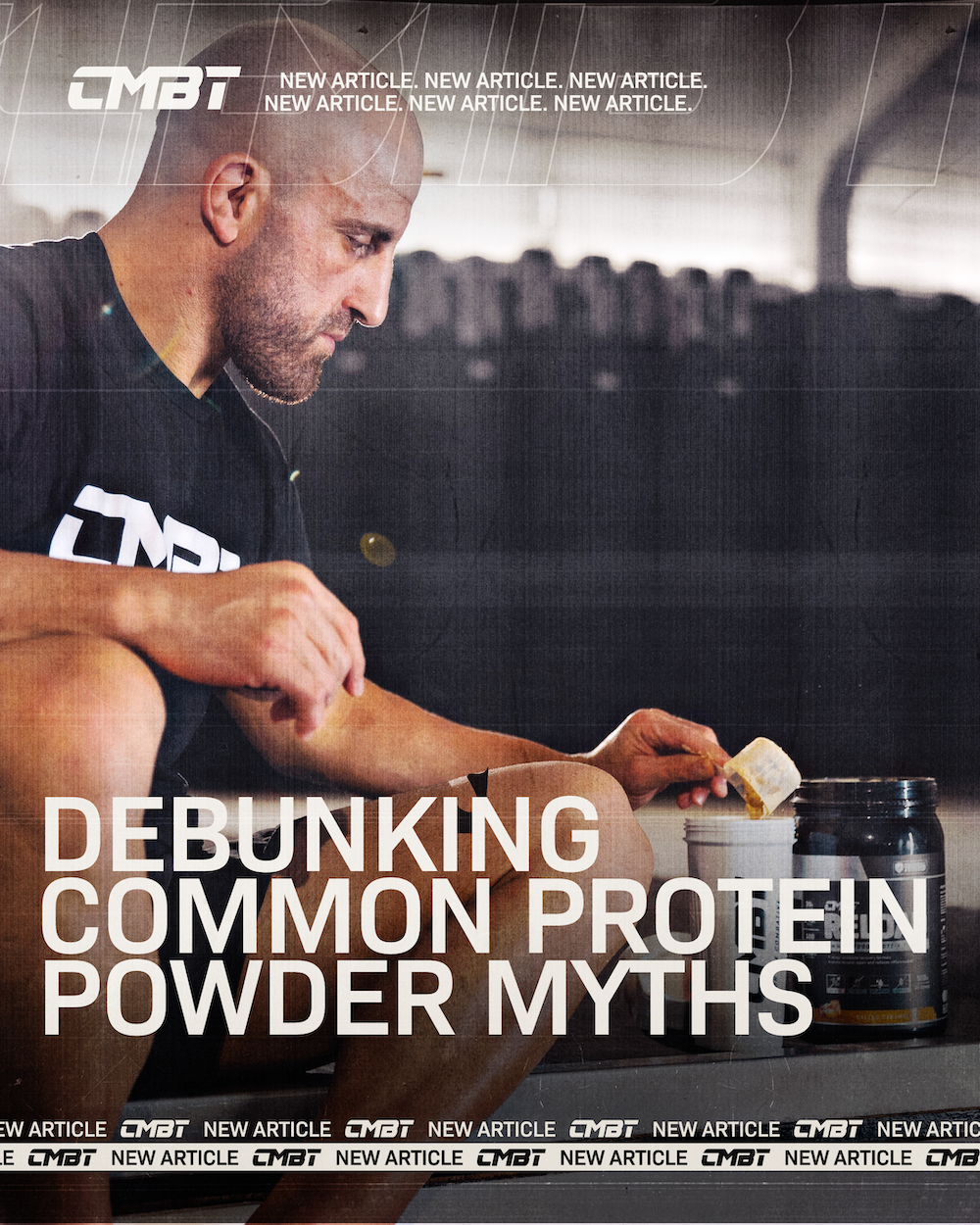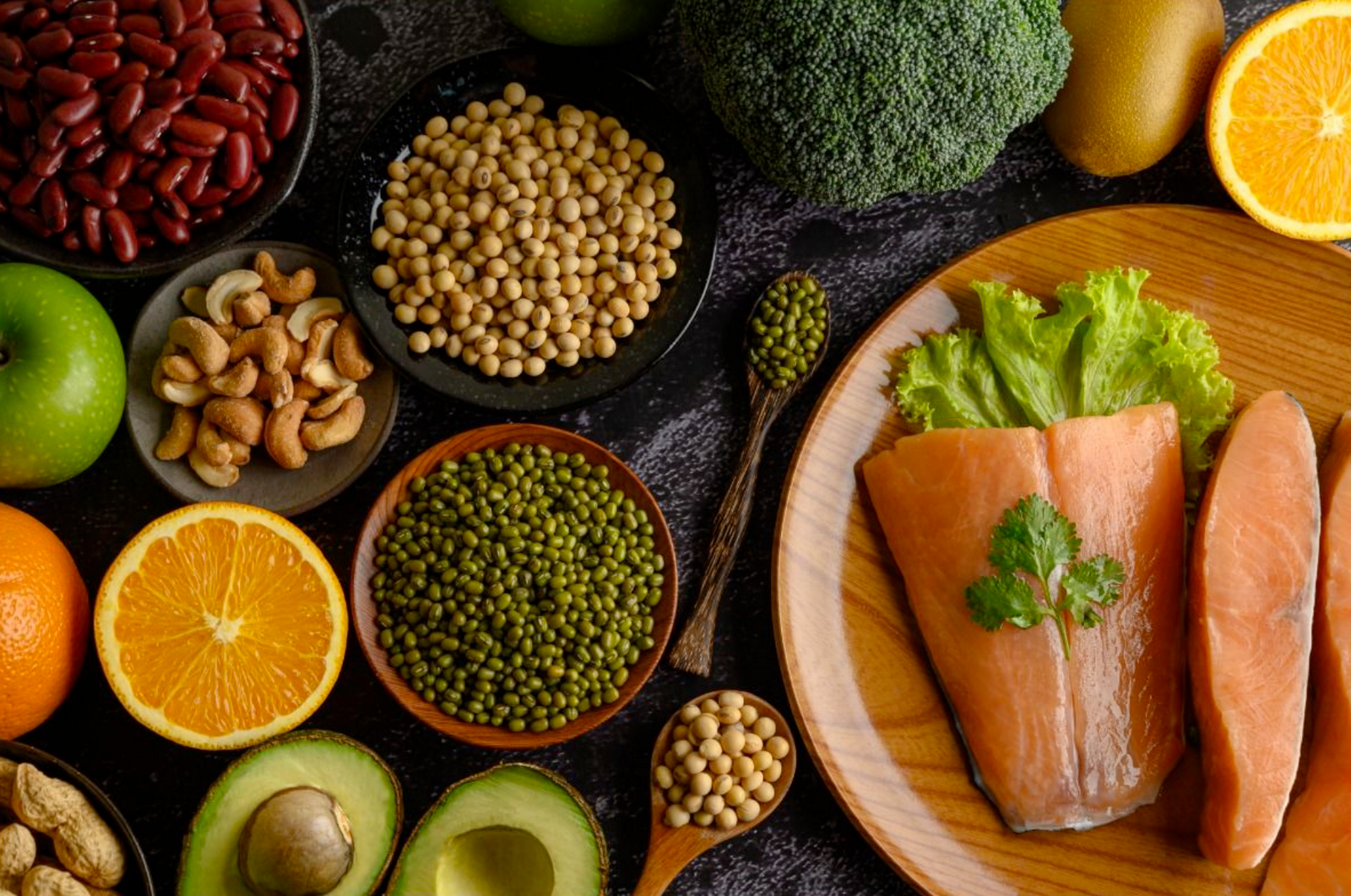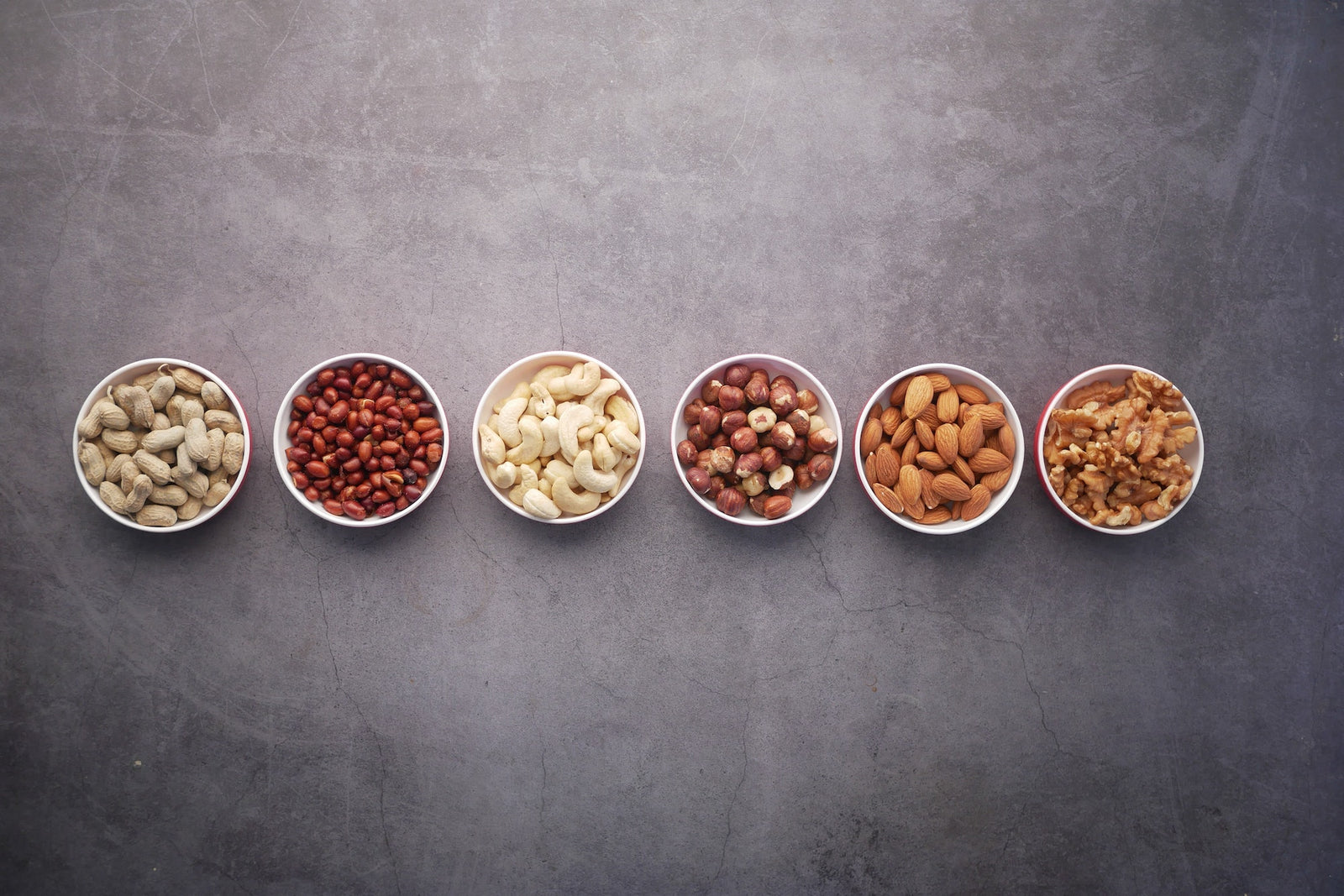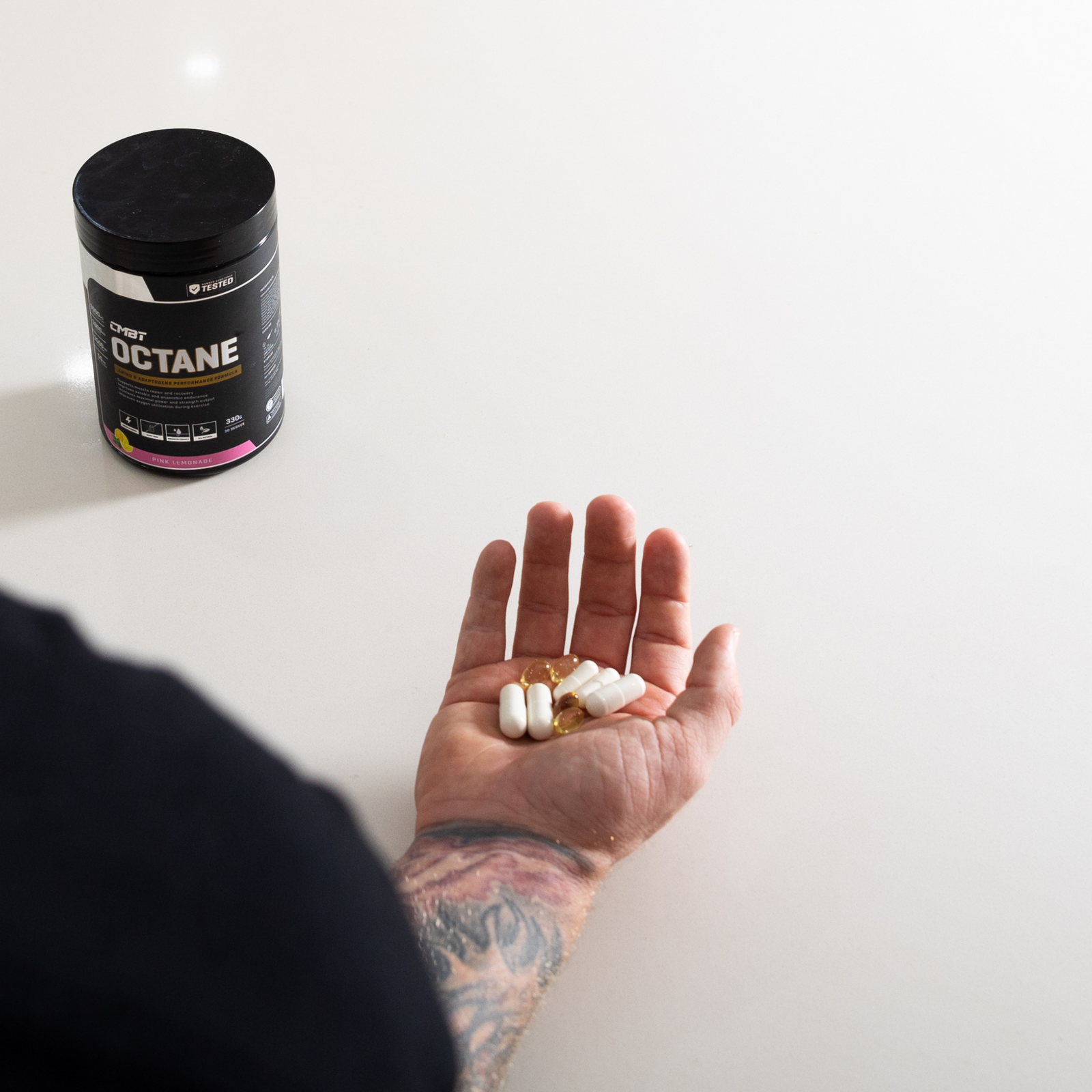You’re probably familiar with the term macronutrient - referring to protein, carbohydrates and fat - which are nutrients that our bodies need in large quantities for fuel. But what about micronutrients?
WHAT ARE MICRONUTRIENTS?
Micronutrients are essential vitamins and minerals that our bodies need in small amounts to function properly. Although only needed in very small amounts, both vitamins and minerals play crucial roles in human nutrition, including the prevention and treatment of various diseases and conditions, as well as the optimisation of physical and mental functioning. Our bodies don’t make all of these micronutrients, so it’s crucial we supply them through our diet.
Vitamins are essential for overall health, normal cell function, immune function, growth and development. There are 13 vitamins that our bodies need to function, all with various roles and functions. These vitamins are divided into two categories, fat soluble and water soluble.
Fat soluble vitamins include vitamins A, D, E and K, whereas water soluble vitamins include vitamin C, thiamin (B1), niacin (B3), riboflavin (B2), pantothenic acid, biotin, pyridoxine (B6), vitamin B12 and folate (B9). The main difference between these is that fat soluble vitamins can be stored in body tissue for long periods of time, while water soluble vitamins cannot. The only exception is B12, which can be stored in the liver. Vitamins A, B, C, D, E and K are found in a variety of foods, namely meat, fruit, vegetables, whole grains and dairy products.
Minerals, like vitamins, support our normal growth and development and are essential for keeping our hair, teeth and bones strong, assisting with blood, skin and nerve function as well as metabolic processes and maintaining optimal health. There are two kinds of minerals: macrominerals and trace minerals. Macrominerals, which are needed in fairly large amounts in the body, include calcium, phosphorus, magnesium, sodium, potassium, sulphur and chloride. Trace minerals are needed in smaller quantities and include iron, zinc, manganese, copper, iodine, fluoride, cobalt and selenium. These are found abundantly in meat, fish, dairy products, leafy vegetables, nuts, seeds and legumes.
HOW DO I MAKE SURE I AM GETTING ENOUGH?
Despite their importance, many people do not get enough micronutrients in their diet. This can be due to a variety of reasons, including a lack of access to a diverse and nutritious diet, poor absorption of micronutrients due to medical conditions, and certain medications that can interfere with the absorption of vitamins and minerals.
Consuming a variety of different food groups is the easiest way to ensure that all of these needs are met – that is why eliminating food groups from your diet can have harmful effects on your body. Try your best to get a variety of different coloured fruit and vegetables as these contain different nutrients. Here are a few examples of foods that contain certain micronutrients:
- Vitamin A – sweet potato, spinach, fish, milk, eggs, and carrots
- Vitamin B6 – fish, beef, chickpeas and poultry
- Vitamin B9 (folic acid) – dark leafy green vegetables, fruit, nuts, and dairy products
- Vitamin B12 – animal products such as beef, fish, cheese, and eggs
- Vitamin C – oranges, capsicum/peppers, blueberries, Brussel sprouts, broccoli, and bananas
- Vitamin D – fatty fishes including swordfish, salmon, and mackerel, fortified milk, yoghurt and cereals
- Vitamin K – dark green leafy vegetables
- Zinc – beef, cashews, chickpeas, and turkey
- Calcium - milk, yoghurt, dark leafy greens such as spinach, and sardines
While getting your micronutrients from whole foods is far superior, taking a multivitamin can assist in bridging some nutritional gaps.
If you’re looking to boost your micronutrient intake, our Reload Plant Based Protein contains a 100% organic and natural, plant-based protein blend that's derived completely from wholefoods. We’ve also added a blend of probiotics and digestive enzymes, which helps balance gut bacteria and enhance nutrient absorption as well as support overall wellness. Click here to shop now.


















































![[VIDEO] Fuel Your Passion feat. Sami Locke](http://cmbt.com.au/cdn/shop/articles/Sami.jpg?v=1625826844&width=1600)